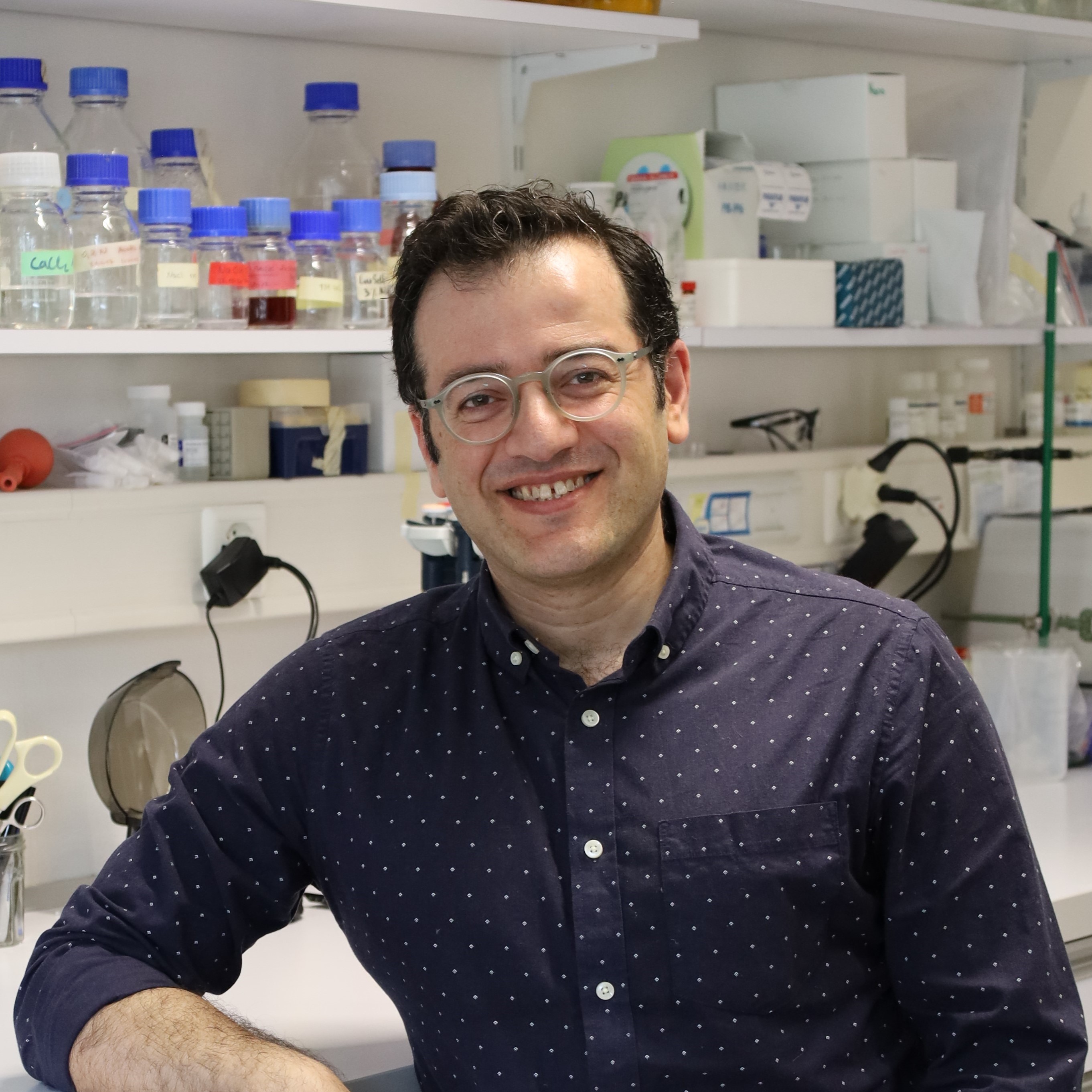Dr. Ali Hashemi Gheinani
Ali Hashemi Gheinani is a computational biologist with a keen interest in studying systems biology relevant to organ remodeling, particularly in the urinary system, including the bladder. He has conducted extensive research and modeling of molecular and cellular signaling events in the bladder leading to lower urinary tract dysfunction. Additionally, he has explored the intricate interplay in neurological diseases such as spinal cord injury and multiple sclerosis. Ali's current research focus is the integration of animal models and artificial intelligence to unravel the molecular pathways leading to detrusor overactivity after neurogenic and non-neurogenic bladder obstruction.
One of Ali's central research interests lies in the development and application of machine learning techniques to interpret complex omics data. His academic journey commenced with a Bachelor's degree in medical biochemistry in Iran, followed by a Master of Science in Biotechnology at Borås University in Sweden, where he delved into genetic engineering. Transitioning to research roles at the Karolinska Institute and KTH University in Stockholm, Ali furthered his expertise in genetic engineering and metabolic pathway manipulation, gaining proficiency in high-throughput sequencing and microarray techniques.
In 2011, he pursued a research opportunity in Switzerland at Professor Rajendran's lab in Zurich, where he investigated gene networks and microRNAs in Alzheimer's disease. Subsequently, Ali embarked on a Ph.D. journey at Bern University (in Professor Katia Monastyrskaia´s lab), focusing on the role of microRNAs in lower urinary tract organ remodeling. Concurrently, he enrolled in a doctoral program at the Swiss Institute of Bioinformatics, honing his computational biology skills. Recognized for his exceptional work during the PhD and a string of publications in high-ranking journals, Ali received the Dies Academicus award from the University of Bern in 2016.
After completing his first post-doc in the Functional Urology Lab in Bern, Ali has accumulated further extensive postdoctoral research experience, including a tenure at Boston Children's Hospital, Harvard Medical School, under the mentorship of Professor Rosalyn Adam. During his time in Boston, he was also affiliated with the Broad Institute of Harvard and MIT. His research efforts have been complemented by significant contributions to software development, including the creation of "BioFun" in 2014, a tool simplifying biological pathway identification using R and Python. In 2021, Ali introduced "MLcps," a Python tool for streamlined machine learning model assessment. He was also actively involved in the development of "SpheroScan," a user-friendly tool for spheroid image analysis, and "MLme," which simplifies machine learning pipelines for data analysis.
In addition to his research pursuits, Ali is dedicated to education, teaching various computational biology and programming courses, and mentoring students at Bern University. His career reflects a commitment to advancing scientific knowledge, innovation in research, and the development of tools and insights that enhance our understanding of complex biological processes, particularly in the fields of Functional Urology and computational biology.
